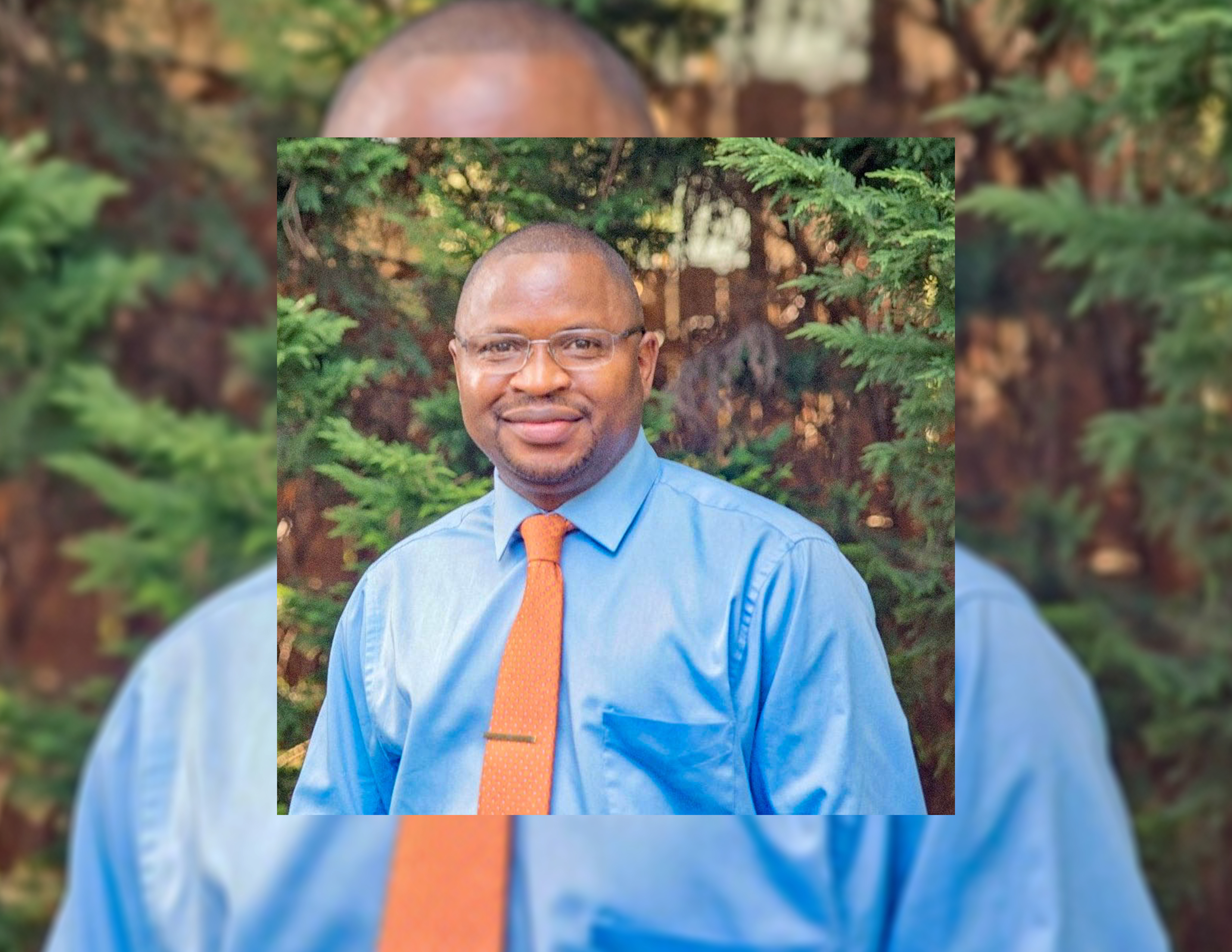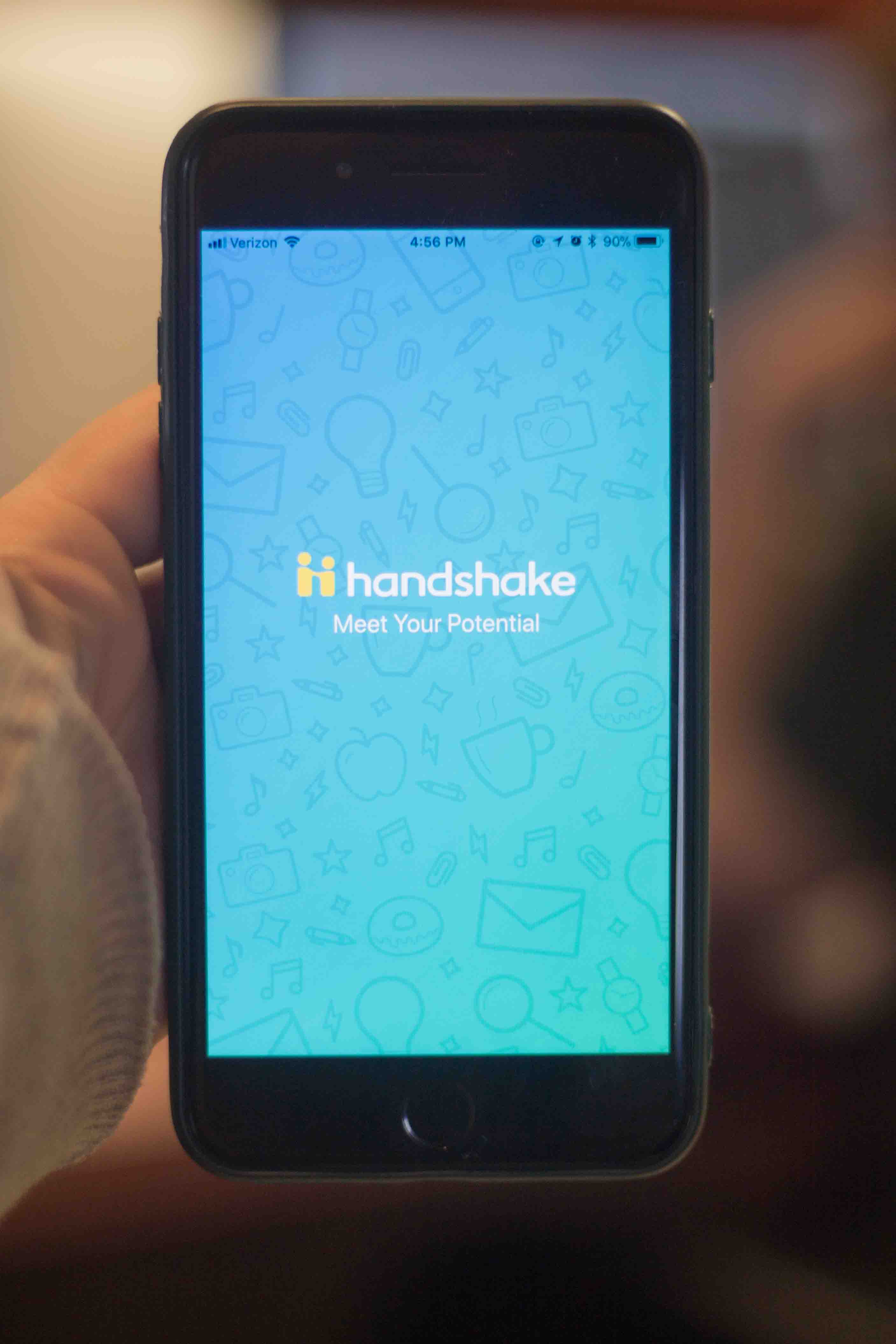A Kennesaw State professor recently defended himself after being accused of virally sharing fake news earlier this year regarding the 2019 Nigerian general election on his Twitter.
KSU associate professor of journalism Dr. Farooq Kperogi tweeted a video in February of what appeared to be a Nigerian election official thumb-printing several election ballots. In the tweet, the Nigerian-born professor called the action “shameless rigging.”
Kperogi also shared another video of what appeared to be electoral thumb-printing, this time calling the election a “sham democracy.”
The tweets garnered both positive and negative reactions from the 20,000 followers Kperogi had at the time, with some commenters supporting Kperogi’s reactions, and others calling on him to “stop spreading falsehood,” saying that the video he shared was from an older election, not from 2019.
On June 24, the International Centre for Investigative Reporting Nigeria published a fact check from an unnamed author which said that Kperogi, among several other Nigerian “influencers,” had shared fake news about the election, and called the tweets “propagandist messages” against Nigerian President Muhammadu Buhari and his government.
According to the fact check, the first video that Kperogi shared was first released after the 2015 election, and the second video was shared in 2018, with neither having to do with the 2019 election.
In an article published on the ICIR Nigeria website on June 26, Kperogi rebutted the claims made against him in the fact check.
According to the article, Kperogi blasted the fact check, calling it “a tendentious, poorly written and inaccurate screed.”
Kperogi said that he never explicitly stated that the videos were from the 2019 election.
When asked about the fake news accusations and his rebuttal, Kperogi said that the Nigerian government was attempting to hurt his credibility.
“I am one of the severest and most visible critics of the ‘democratic tyranny’ going on in Nigeria,” Kperogi said. “Most of the news media in Nigeria are either cowed or compromised. So my social media feeds, blog and weekly newspaper column have become some of the few alternative sources of critical information about the Nigerian government. As you would expect, agents of the government are really uncomfortable and have done everything to take me out or discredit me.”
Kperogi went on to say that the Nigerian government had actually started a “propaganda media unit,” called the Buhari Media Center, to discredit and attack him.
“It turned out that the writers of the ‘fact check’ don’t even work for the ICIR,” Kperogi said. “When one of them sent me a request for an interview for the ‘fact-check,’ she said she worked for Sahara Reporters, a popular Nigeria-focused news site located in New York. I reached out to the publisher of the site who said he didn’t know the reporter and would get back to me.”
Kperogi said that in addition to “smears” against him, the Nigerian government has actively worked to silence him, getting his weekly column in a Nigerian newspaper canceled.




